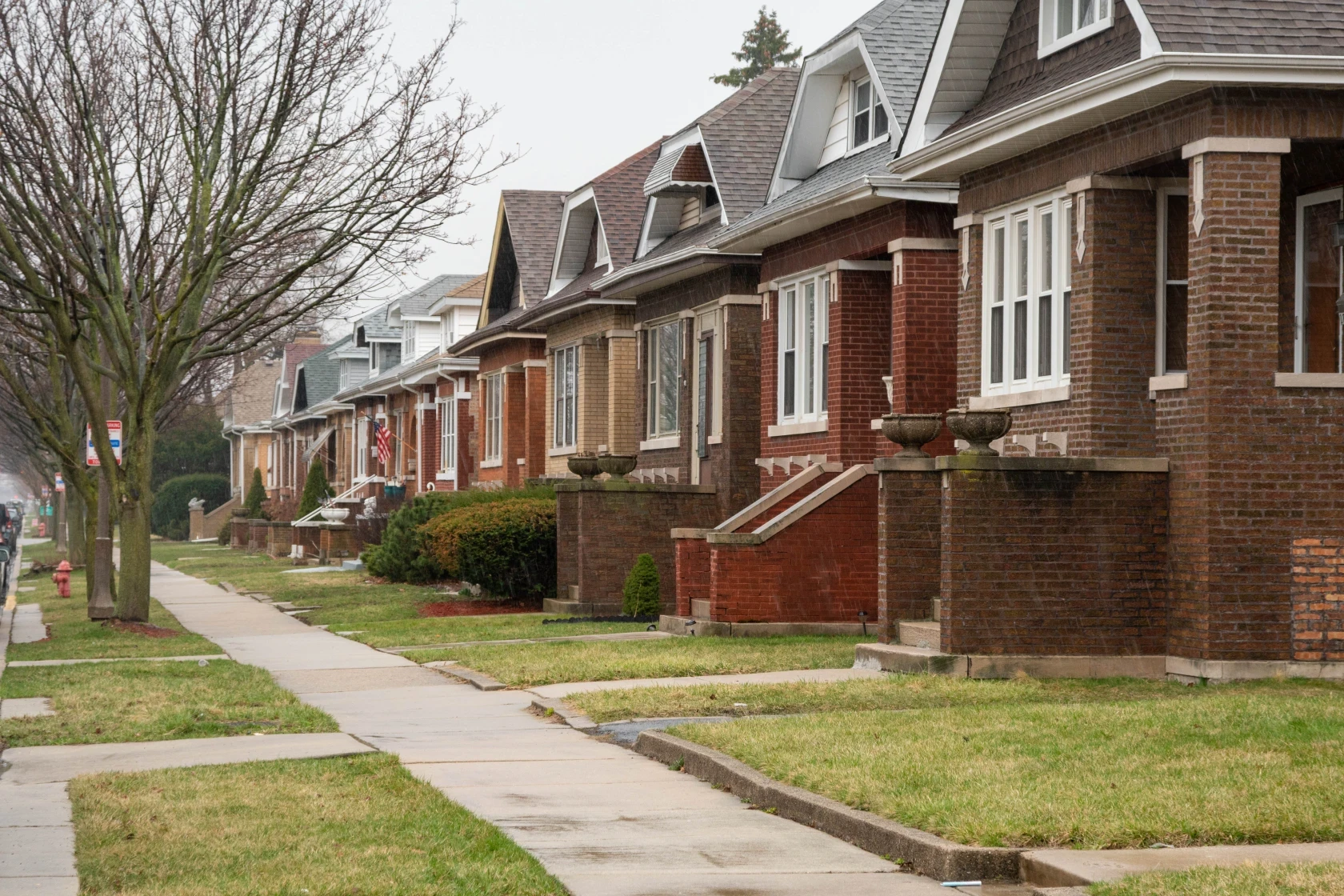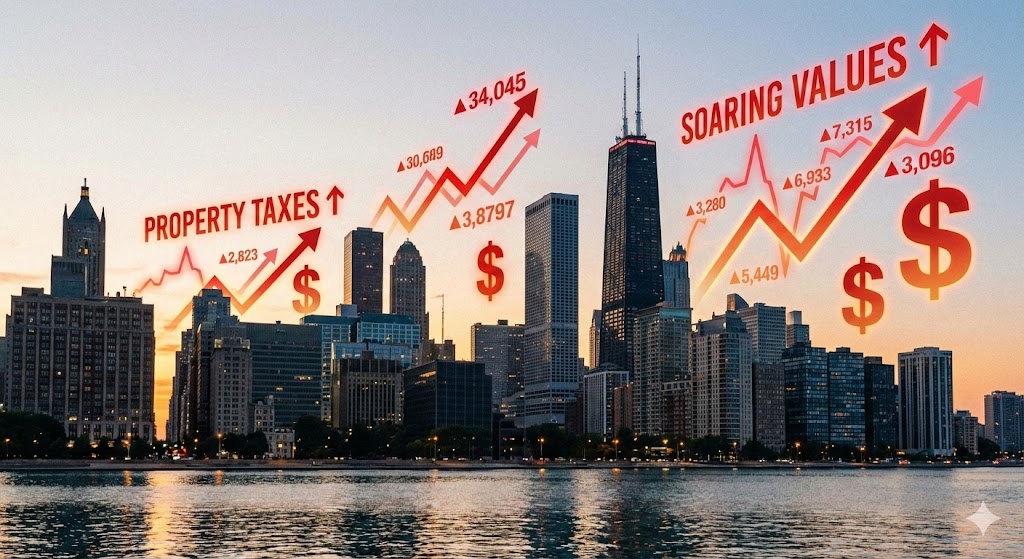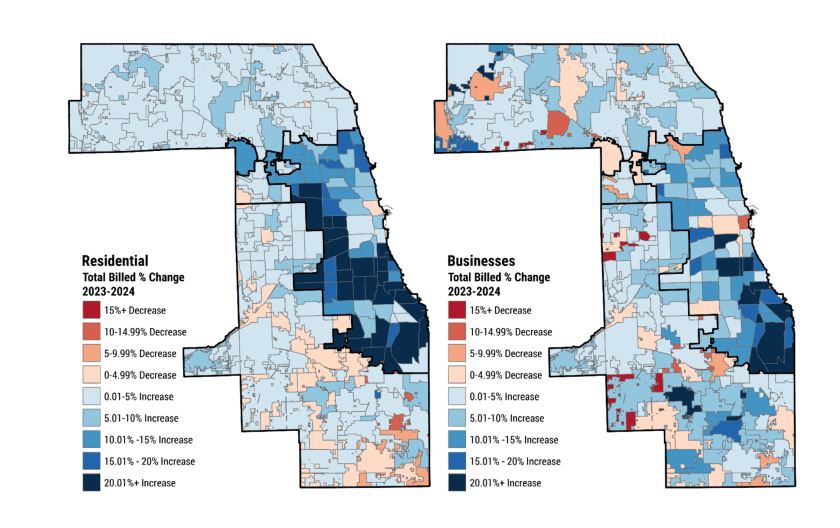Business
Chicago Commercial Property Tax Too High? How to Challenge Your Assessment
Passionate writer sharing insights, expertise, and knowledge on various topics to inspire and inform readers worldwide.
Chicago commercial property owners face some of the highest property tax rates in the nation. If your business received a property tax bill that seems excessive compared to your building's actual value, you're not alone. Thousands of Chicago commercial property owners successfully reduce their tax burden each year by challenging their assessments.
Why Your Chicago Commercial Property Tax Bill Might Be Wrong
The Cook County Assessor's Office evaluates over 1.8 million properties, and mistakes happen frequently. Commercial properties face particular challenges because:
Market changes faster than assessments: Your building's value may have declined due to vacancy rates, neighborhood changes, or economic conditions
Comparable sales data is limited: Assessors often rely on outdated or inappropriate comparable properties
Income approach errors: For income-producing properties, assessors may overestimate rental income or underestimate expenses
Assessment inequity: Your property might be assessed at a higher percentage of market value than similar buildings
Who Should Challenge Their Chicago Commercial Property Assessment
You should consider appealing if:
Your property tax increased significantly without corresponding improvements
Similar buildings in your area have lower assessments per square foot
Your building has vacancy issues, needed major repairs, or lost anchor tenants
You recently purchased the property for less than the assessed value
Your property generates less income than the assessor assumes
Real example: A Lincoln Park office building owner successfully reduced their assessment by 40% after demonstrating that the assessor used retail comparables for an office property and overestimated market rents.
The Chicago Commercial Property Tax Appeal Process
Chicago commercial property owners have three opportunities to challenge their assessments:
1. Cook County Board of Review Appeal
This is your first and most important opportunity. You must file within 30 days of receiving your assessment notice. The Board of Review can reduce your assessment based on:
Market value evidence
Comparable sales
Income and expense data
Assessment inequity
2. Illinois Property Tax Appeal Board (PTAB)
If unsatisfied with the Board of Review decision, you can appeal to PTAB within 30 days. This state-level board provides an independent review.
3. Circuit Court Appeal
As a final option, you can appeal PTAB's decision to the Cook County Circuit Court within 35 days.
What Evidence You Need to Win Your Chicago Property Tax Appeal
Successful commercial property tax appeals require solid evidence:
Market Value Evidence:
Recent appraisal reports
Comparable sales within the last three years
Purchase price if recently acquired
Income Documentation:
Actual rent rolls and lease agreements
Operating expense statements
Vacancy reports
Capital expenditure records
Property Condition Evidence:
Photos of deferred maintenance
Repair estimates
Environmental issues
Functional obsolescence
Common Mistakes That Hurt Chicago Commercial Property Tax Appeals
Filing too late: Missing the 30-day deadline eliminates your appeal rights for that tax year.
Insufficient documentation: Generic appraisals or incomplete financial records weaken your case.
Wrong comparable properties: Using properties from different neighborhoods or property types undermines your argument.
Ignoring assessment inequity: Sometimes proving your property is assessed unfairly compared to similar buildings is more effective than challenging market value.
How Much Money Chicago Commercial Property Tax Appeals Can Save
Successful appeals typically reduce assessments by 10-30%, though reductions of 50% or more occur in cases involving significant overvaluation. For a commercial property with a $2 million assessment, a 20% reduction saves approximately $8,000-$12,000 annually in property taxes.
These savings compound over time until the next reassessment, making appeals extremely valuable for cash flow and property returns.
When to Hire Professional Help for Your Chicago Commercial Property Tax Appeal
While property owners can file appeals themselves, commercial properties benefit from professional representation because:
Commercial valuation requires specialized expertise
Presentation quality significantly impacts outcomes
Attorneys understand legal standards and procedural requirements
Professional representation often achieves better results
Many commercial property tax attorneys work on contingency, taking a percentage of tax savings rather than charging upfront fees.
Take Action on Your Chicago Commercial Property Taxes
Don't accept an inflated property tax assessment. Chicago commercial property owners who challenge their assessments often achieve significant savings. Review your assessment notice carefully, gather supporting documentation, and consider professional assistance to maximize your chances of success.
The appeal deadlines are strict, so act quickly if you believe your commercial property is over-assessed. Your bottom line depends on it.
Author




